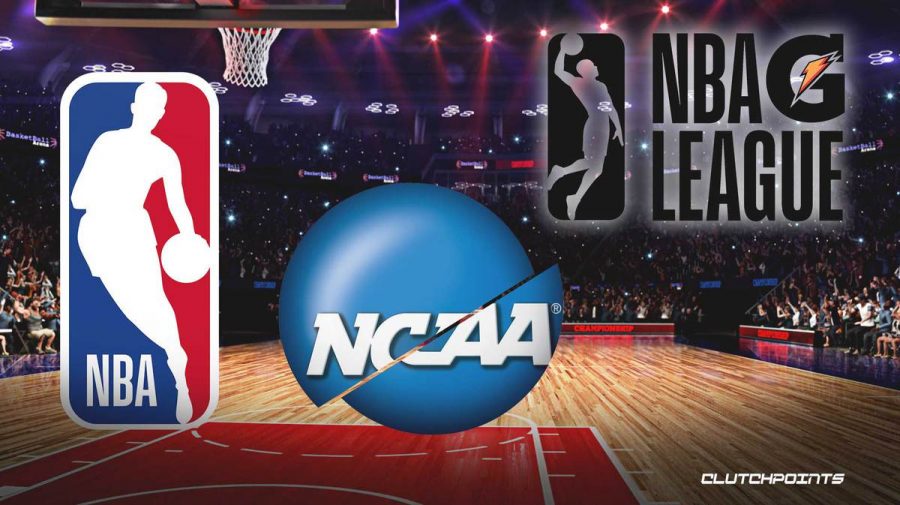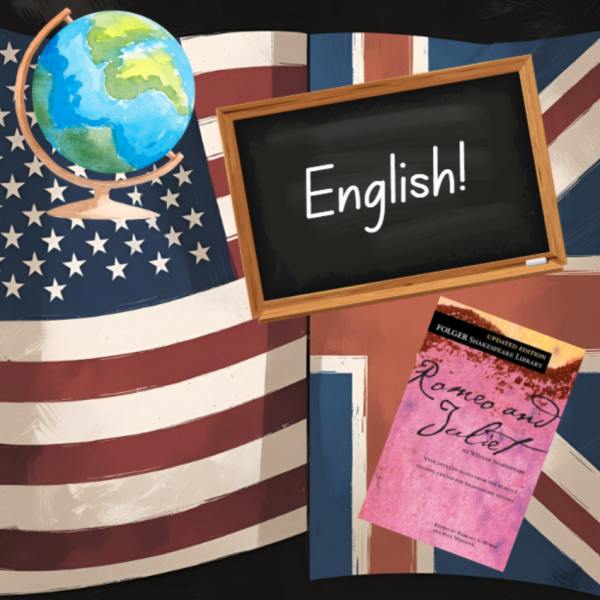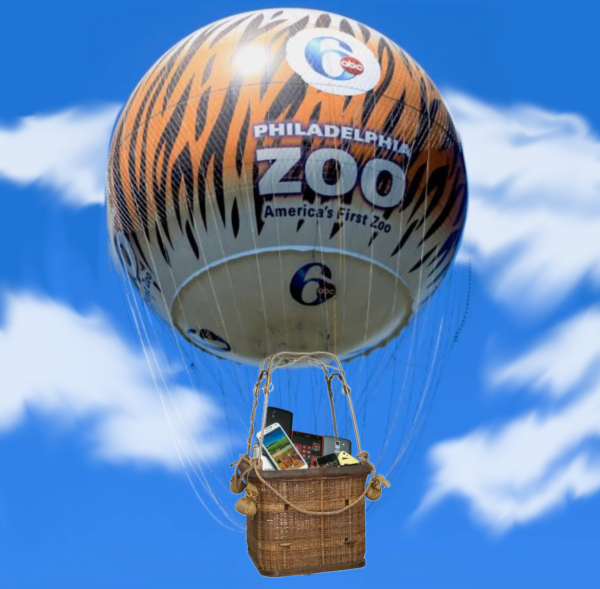How The G League Has Finally Forced The NCAA’s Hand
June 5, 2020
For years, the NCAA has reaped the benefits of student-athletes, with the participating players receiving nothing in terms of financial compensation. Without players contributing and generating profit, the NCAA becomes obsolete; the organization itself crumbles without high-talent players. Reports estimate that the NCAA receives over one billion dollars in annual revenue and not a single athlete has ever received a legal dime for their endeavors. For years, the NCAA has denied and disregarded widespread pushback from Americans, countless powerful organizations, and the athletes themselves. The historically corrupt organization seemed as though they would never budge, abandoning any attempts for modifications have been neglected. That all changed on April 16th.
Jalen Green, a top-ranked basketball recruit in the class of 2020 was reportedly deciding between Memphis, Auburn and Oregon before he made an unexpected decision. Green decided to further his athletic talents in the NBA G-League: the developmental league affiliated with the NBA. Seen as a stepping stone to the profit, fame and glory associated with being a pro basketball player, The G-League’s new program for top tier high school players has become increasingly enticing. Jalen Green will make up to $500,000 for his efforts next season, not including his ability to sign lucrative sneaker deals or any additional endorsements. Green’s name has attracted a few top recruits to also choose the G-League route and these players will be headlining a new G-league team based out of Los Angeles. The exposure and opportunities available will be incredibly advantageous for the young players, but the G-League will also garner endless benefits from the players’ participation. The G- League has created an ideal payment situation for young, talented high-school players, forming a mutualistic benefit between league and player.
The NCAA was clearly never able to grasp this concept, which is why the organization finds itself in a very difficult predicament today. The new chapter of the G-League will only continue to grow as more and more players will decommit from their respective colleges to obtain a salary. This transition will trigger an increase in funding into the G-League’s mission, and the NCAA will ultimately perish. The only viable argument for the NCAA is the benefit of the college experience and the ability to receive a degree. Although valid, the end goal for a majority of the top-ranked players is professional basketball at some level, and so the importance of a college degree decreases. The college basketball experience is more significant than one might think, but not significant enough to sway the professional pursuits of players. Considering the portion of athletes that come from lesser means and disadvantageous neighborhoods, the ability to have cash flow is even more valuable. Jalen Green himself said, “At the end of the day, I did what was best for me and my family right now… I understand the importance of a college degree and I appreciate the recruiting jobs by each respective college, but I know this decision will be most beneficial for me.” Other top prospects Isaiah Todd and Daishen Nix, who will be joining Green in Los Angeles, seconded this notion with similar statements clearly conveying their motives.
Without student-athletes having the ability to profit off their likeness, it will only become more of an uphill battle for the NCAA to attract young talent. However, the NCAA has an opportunity: an opportunity to change their tune and evolve with the changing times. To remain financially afloat and regain a sense of public morality, the NCAA must allow student-athletes to make money, either through endorsements or a set salary. There have been ongoing internal discussions about how the NCAA will handle the situation, with reports stating that players will be able to profit from their name, image, or likeness so long as the specific college or university they attend does not pay them directly. The NCAA’s Board of Governors announced their support in allowing “student-athletes to receive compensation from third party endorsements both related to and separate from academics.” The guidelines as to what players can and cannot do are somewhat complicated, but the protocol essentially states that players can profit from any personal deals, but not from anything involving the use of schools’ trademarks. The board’s recommendations are not final as we still have to wait for the NCAA’s ultimate decision. However, it looks as though they are taking the right steps to allow players to profit during their collegiate years, in order to combat the G-League’s growing popularity.







